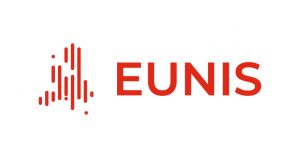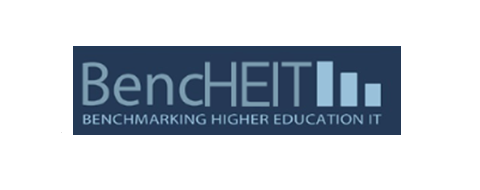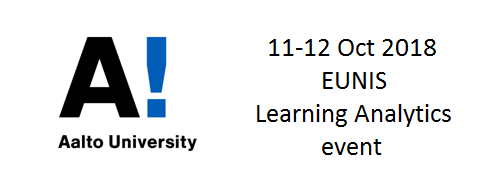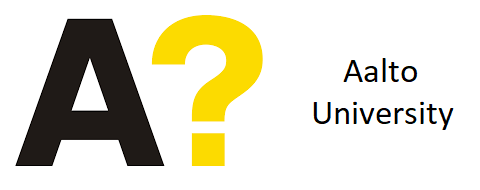We are pleased to invite you to the seventh annual EUNIS BencHEIT benchmarking workshop. This year, the workshop will be held on Tue 27th November at the University of Zurich. […]
Category: Task force
Live streaming available now!
Join our EUNIS Learning Analytics event (11-12 October 2018, Aalto University, Helsinki, Finland) online now. The live streaming is available under this link: https://connect.funet.fi/aalto_eunis2018 The event focus on effective use of learning […]
EUNIS Learning Analytics workshop: 11-12 Oct 2018, Helsinki, Finland
EUNIS Learning Analytics workshop: 11-12 October 2018, Aalto University, Helsinki, Finland Effective use of learning analytics can deliver benefits for students, staff and institutions. This workshop will explore how we […]
Save the date: 11-12 October 2018, EUNIS Learning Analytics event, Helsinki, Finland
Save the date: EUNIS Learning Analytics event, Helsinki, 11-12 October 2018 Following the successful EUNIS learning analytics workshop in Manchester 2017 (see the outputs here), this workshop again offers a forum to learn, […]
Student Digital Experience Tracker extended – sign-up till 30th of May
Extended opportunity for universities outside the UK to explore their students’ digital experience in 2018. The Jisc student digital experience tracker is a short survey to gather students’ expectations and experiences […]



